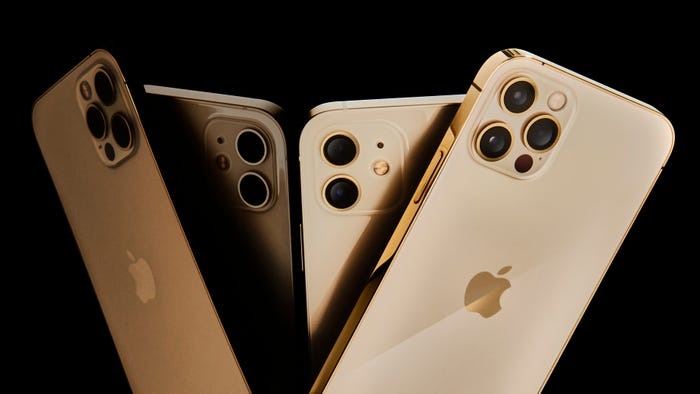Apple adjusts to comply with EU charger regulations.

The forthcoming iPhone, set for unveiling on September 12, is expected to embrace USB-C charging.
Apple’s current phones utilize a proprietary Lightning connector, unlike Samsung and other competitors. An EU regulation mandates a standardized charging connection by December 2024 to benefit consumers financially and reduce waste. Although most recent Apple products, including the latest iPads, already employ USB-C, the company initially opposed the EU regulation. In September 2021, an Apple spokesperson told BBC News that strict regulations enforcing a single connector type stifle innovation, potentially harming consumers worldwide.
Adapters from Lightning to USB-C are already available from other electronics brands like Amazon, and all iPhones released since the iPhone 8 in 2017 support wireless charging. As the current iPhone 14 seems to be the final Apple device exclusively using the Lightning cable, this change may signal the beginning of the end for the Lightning cable, priced at £19 on the Apple store.
It’s uncertain whether this shift will apply globally, as Apple is less inclined to create a separate version of the handset exclusively for the European market.
Anticipated changes are expected in the upcoming iPhone 15 and iPhone 15 Pro models, set to be unveiled at the company’s annual autumn event next week. According to a Bloomberg report, users will benefit from this transition, including the ability to use a single charger for iPads, Macs, and iPhones, along with faster download speeds.
The EU’s common charger mandate covers various “small and medium-sized portable electronics,” including mobile phones, tablets, e-readers, mice and keyboards, GPS devices, headphones, headsets, earphones, digital cameras, handheld videogame consoles, and portable speakers, all requiring a USB Type-C port for wired charging, regardless of the manufacturer.
Laptops also fall under these regulations, but manufacturers have a longer timeframe to implement the necessary changes. According to the EU, this initiative is projected to save consumers “up to €250 million [£213 million] annually on unnecessary charger purchases” and reduce annual waste by 11,000 tonnes.


